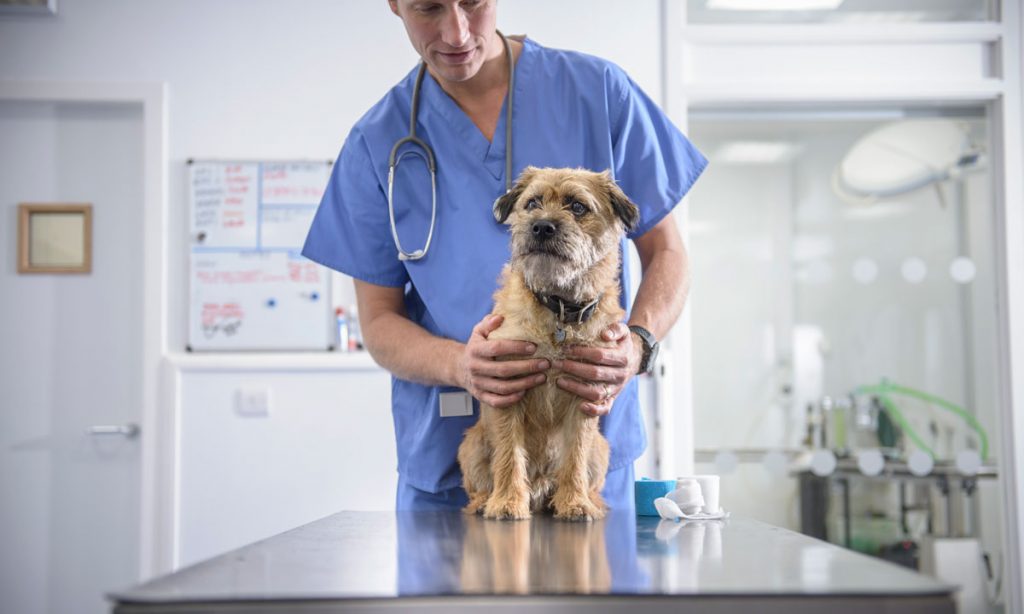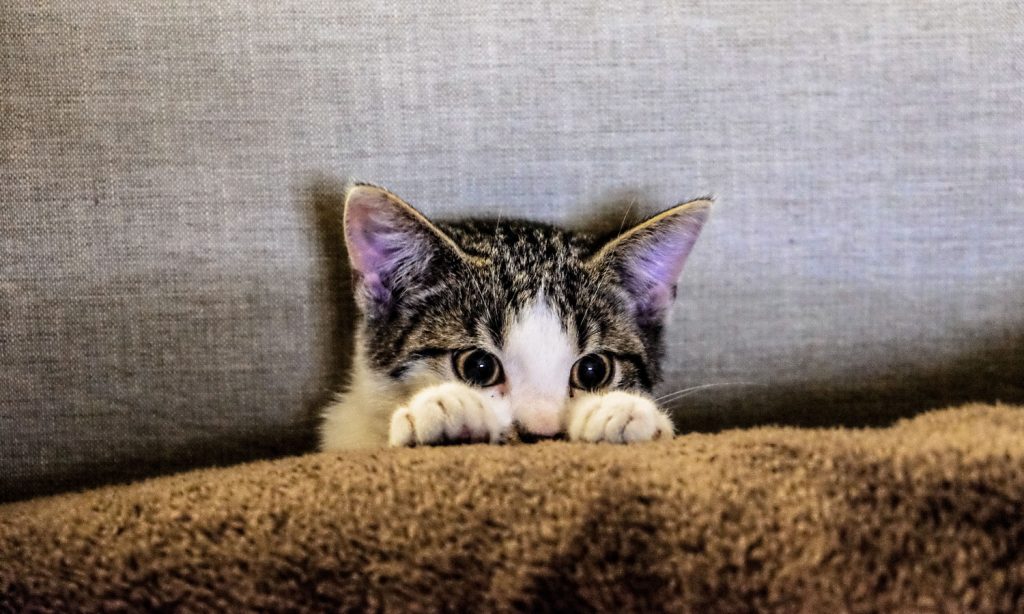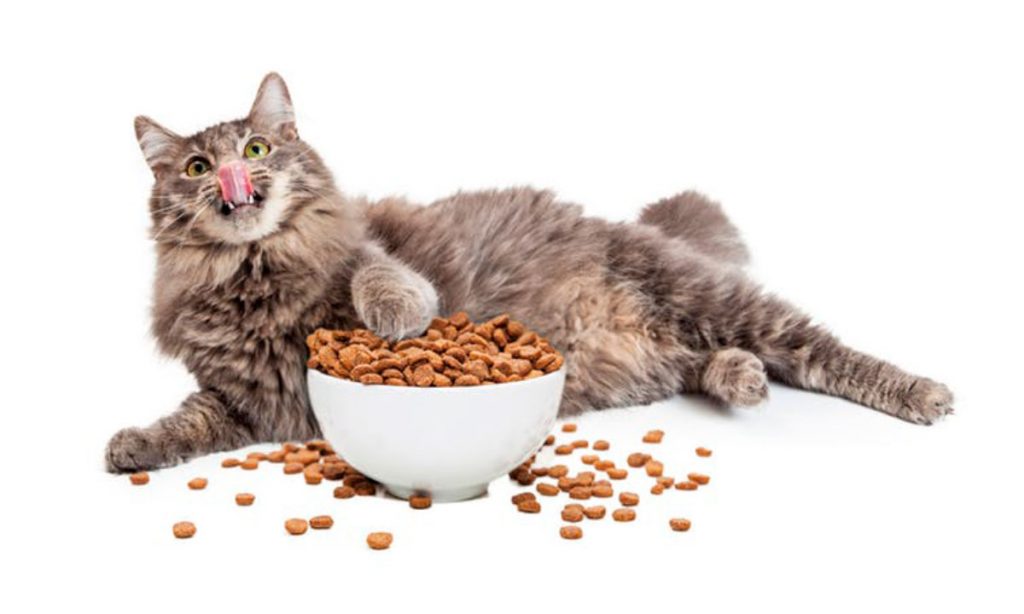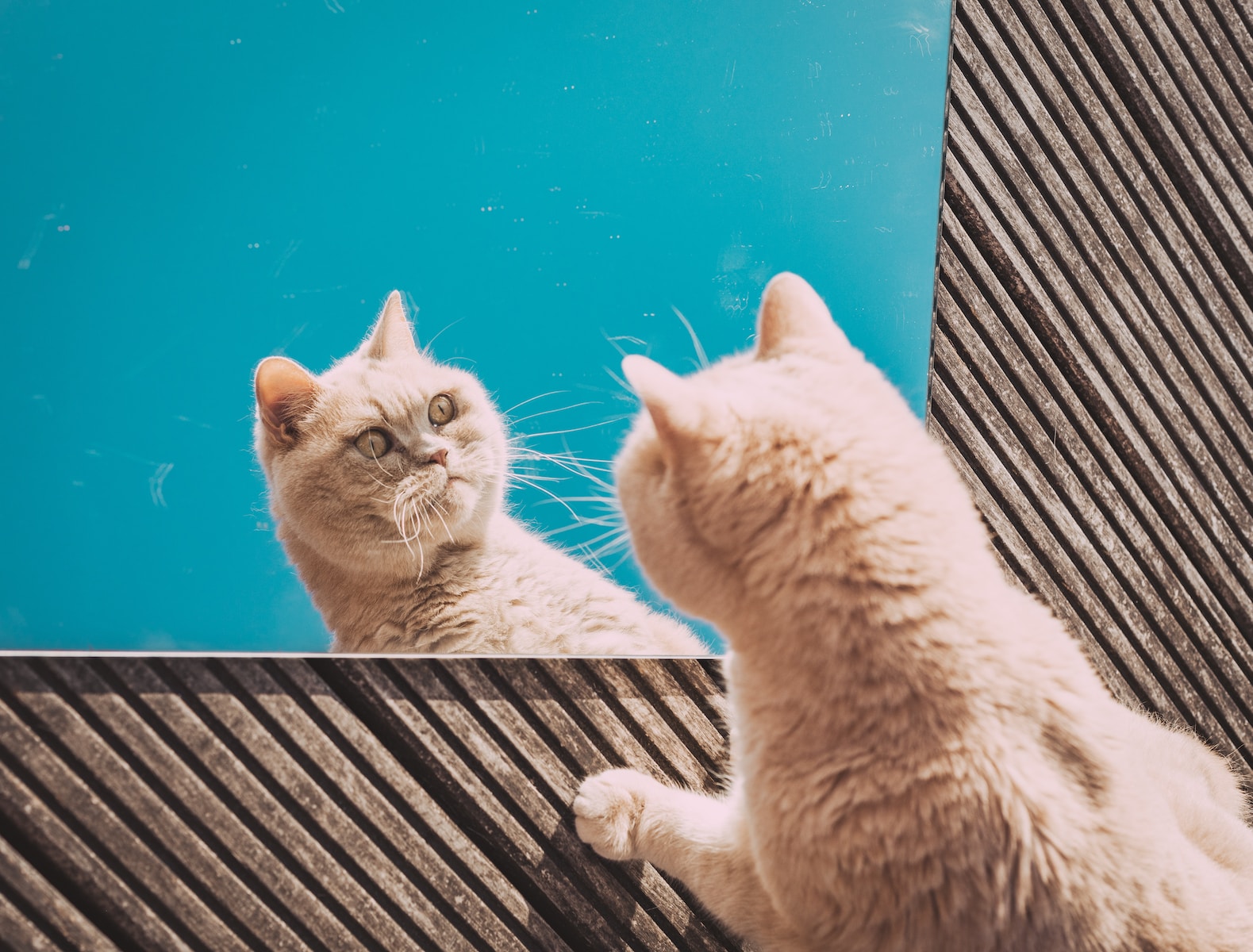We treat our pets like mini-humans – but sometimes “sharing” with them can make them a bit chunky – here is what to do next
About 56% of Canadian and 66% of US households have a pet. They are seen as a part of the family and sometimes really treated like family complete with extra snacks, holiday meals and lots of treats. All of the extra love sometimes makes the pets a bit chunky. Here is what to do if your pet is overweight.
Visit the vet
Before you panic and submit your dog to a strict diet, it’s important to visit your vet and see what they have to say. Instead of telling you to feed your pet less, your vet will likely suggest a meal plan you can follow and some healthy habits to incorporate into your pet’s lifestyle. Your vet should give you a realistic weight goal to achieve, alternatives for treats and foods and a follow up consultation in order to check on your pet’s progress.
RELATED: This Is Why We Value Dogs More Than Cats

Get your pet to move more
While diet is the most determinant part of any weight loss program, exercise is also important, helping your pet stay healthier and preventing plenty of negative side effects and diseases from popping up. If you have a dog be sure to go on longer walks, to take them on runs, and to spend some time at the park with other dogs, so they can play. If you own a cat you have to make your home more entertaining for them and spend a good amount of time playing together.

RELATED: Why Losing A Dog Can Be Harder Than Losing A Loved One
Measure food
Just like it is for humans, dieting is easier if you just measure the amounts of food. Be sure to follow your vet’s plan and to split up the calories according to the amount of meals and treats you plan to give your pet on a daily basis. If your pet is small, weighing everything is even more important, since one small change can greatly affect their weight.
Learn to reward your pet with things other than food
All pets are obsessed with food and that’s understandable, but try to incorporate other things that excite them as part of their reward system. Throw them a ball or a toy instead of giving them a treat when they’re whining; most of these times your pet is looking for attention.

Be strict with their feeding schedule and habits
There are many tools that can help your pet have a better relationship with food. Puzzle feeders will entertain them and make them eat slower, tiring them out and preventing vomiting or feeling bloated. Instead of leaving food for your pet so they can eat it whenever, give them their meals on fixed times of the day.


